Areas of Concentration
The program offers the following areas of concentration, all of which emphasize the context of urban education issues and perspectives related to curriculum and instruction:
- Curriculum and Educator Development
- Learning, Design, and Technology
- Literacy Education [This concentration is not accepting applications. It is temporarily closed as of July 21, 2025.]
- Mathematics Education
- Urban Education
- Literacy Research, Policy, and Practice [New concentration beginning Fall 2025]
Curriculum and Educator Development
Research and theory applied to problems and applications of curriculum, instruction, learning, teaching, teacher education, professional development, and teacher leadership in K-12 and higher education. Emphases within the concentration include Elementary Education, Middle Grades and/or Secondary Education, K-12 Curriculum Specialization and Professional Development.
*Elementary Education became an emphasis within the Curriculum and Educator Development (CED) Concentration in 2021-2022*
Meet the Concentration Coordinators:

Dr. Tina Heafner (theafner@charlotte.edu)
Dr. Tina Heafner is Professor of Social Studies Education in the Department of Middle, Secondary, and K-12 Education at the University of North Carolina at Charlotte. Her administrative responsibilities include Directing the M.Ed. in Secondary Education and the Ph.D. in Curriculum and Instruction. Tina is the 2020-2021 Past-President of the National Council for the Social Studies (NCSS) and was the 2015-2016 Chair of the NCSS College and University Faculty Assembly (CUFA). Tina’s teaching and research focus on effective practices in social studies education with particular emphasis in online learning, technological integration, and disciplinary literacy. Her research also examines curriculum and policy issues in social studies education.

Dr. Drew Polly (Drew.Polly@charlotte.edu)
Drew Polly is a professor in the elementary education program at UNC Charlotte. He spends a lot of time supporting teachers with their mathematics instruction and does research on topics related to mathematics education, educational technology, teacher education, and school-university partnerships. He conducts research that involves qualitative methods as well as descriptive and inferential statistics.
Learning, Design, and TEchnology (LDT)
Research and theory applied in the design of effective learning experiences and environments that incorporate technology to address educational needs and problems in elementary, middle/secondary, or post-secondary settings with an emphasis on urban contexts.
Meet the Concentration Coordinator:
Dr. Ji Yae Bong (jbong@charlotte.edu)
Ji Yae Bong is an assistant professor of Learning, Design and Technology (LDT) in the Department of Educational Leadership at the University of North Carolina at Charlotte. She teaches graduate-level courses in LDT. Her research focuses on (a) exploring technology-integrated intervention design and implementation and (b) assessing networked learning in informal online learning contexts, including social media and open learning platforms. She earned her Ph.D. in Instructional Systems and Learning Technologies from the Florida State University. Dr. Bong currently serves as a board member of the Learning Engagement division of the Association for Educational Communication and Technology (AECT) and a board member of the Canadian Network for Innovation in Education (CNIE). She organized the CNIE conference as a chair in 2022 and served as a board associate in the Design and Development division of the AECT in 2015. She currently serves as an editorial board member and a guest editor for The Internet and Higher Education. Her research interests include technology-integrated instruction/intervention design and implementation, online learning, STEM higher education, and professional development.
Literacy Education
Research and theory applied to problems of literacy and language learning and instruction, oriented toward Reading, English Education, and Teaching English as a Second Language.
Meet the Concentration Coordinators:
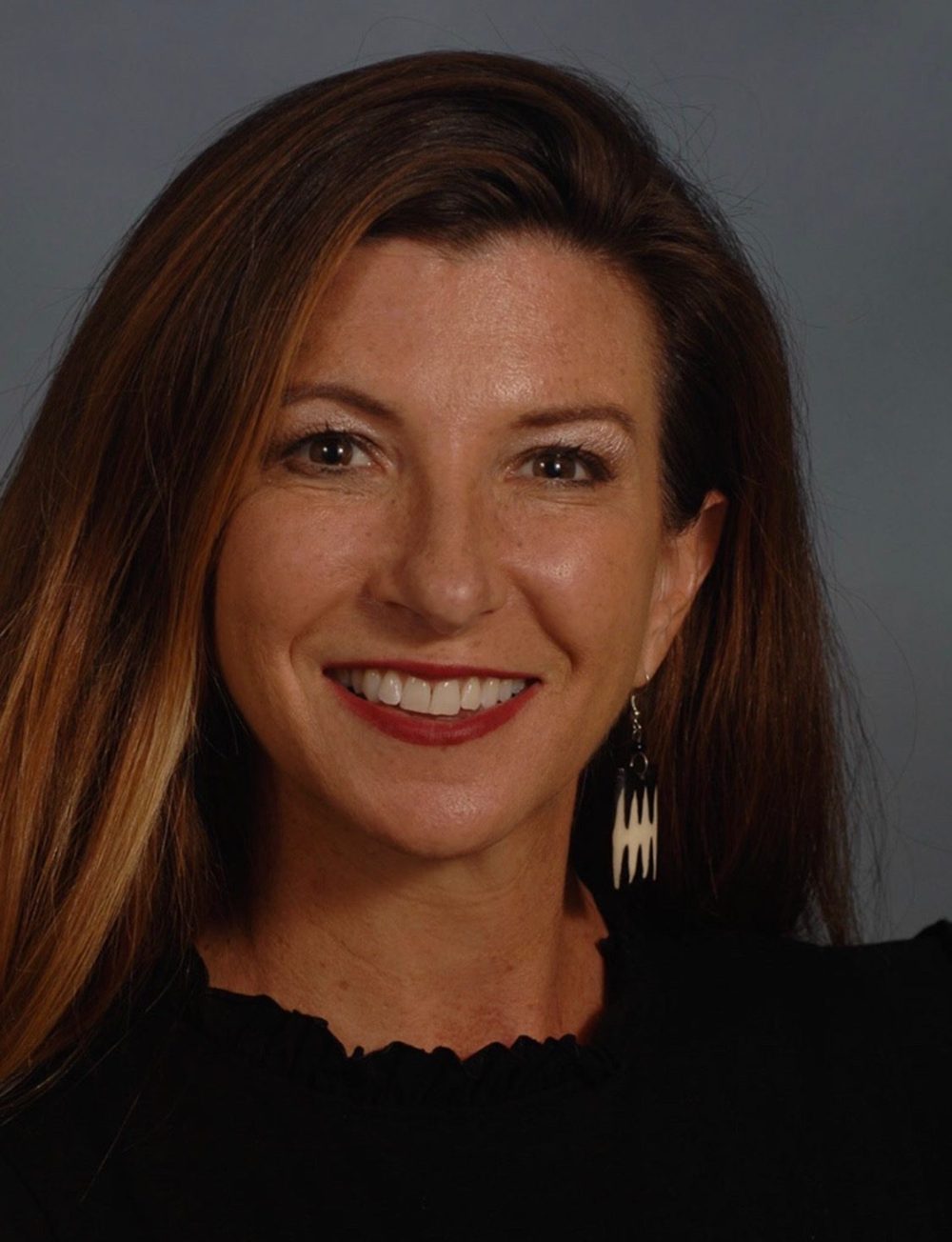
Dr. Erin Miller (emille90@charlotte.edu)
Erin T. Miller (she/her/hers), Ph.D., is a Professor in The Reading and Elementary Education Department in the Cato College of Education at UNC Charlotte. She is the co-director and co-developer of the Antiracism Graduate Certificate Program. Dr. Miller is also an affiliate faculty member at the Center for the Education and Equity of African American Students (CEEAAS) at The University of South Carolina. She teaches undergraduate courses such as Theories and Practice for Equity in Urban Education. Dr. Miller developed and teaches the graduate courses: Racial Identity Development (Quality Matters certified) and Anti-Racist Activism (Quality Matters certified). Her scholarly work won a Taylor and Francis Distinguished Article award, an Outstanding Dissertation Award, and has been included in Taylor and Francis’ Key Research Collection on Critical Race Theory. Her work has been published in journals such as: Curriculum Inquiry, Urban Education, Race, Ethnicity and Education, Journal of Language and Literacy Education, The Urban Review, International Journal of Qualitative Studies in Education, Journal of Curriculum Theorizing, Ethnography and Education, Action in Teacher Education, and Journal of Early Childhood Teacher Education.
Dr. Miller’s latest books are Antiracist Pedagogy in Action: Curriculum Development from the Field, co-edited with Dr. Angela Walker and Storytelling and Improvisation as Antiracist pedagogies: Challenging White Supremacy in Elementary Education, co-authored with Dr. Sam Tanner. Dr. Miller is the former chair of the Early Childhood Assembly of the National Council of Teachers of English (NCTE) and served on NCTE’s Elementary Steering Committee from 2018-2022. Dr. Miller was a UNC Charlotte 2021 finalist for the Bank of America Excellence in Teaching award. She is also the co-editor of the international research journal, Journal of Curriculum and Pedagogy.
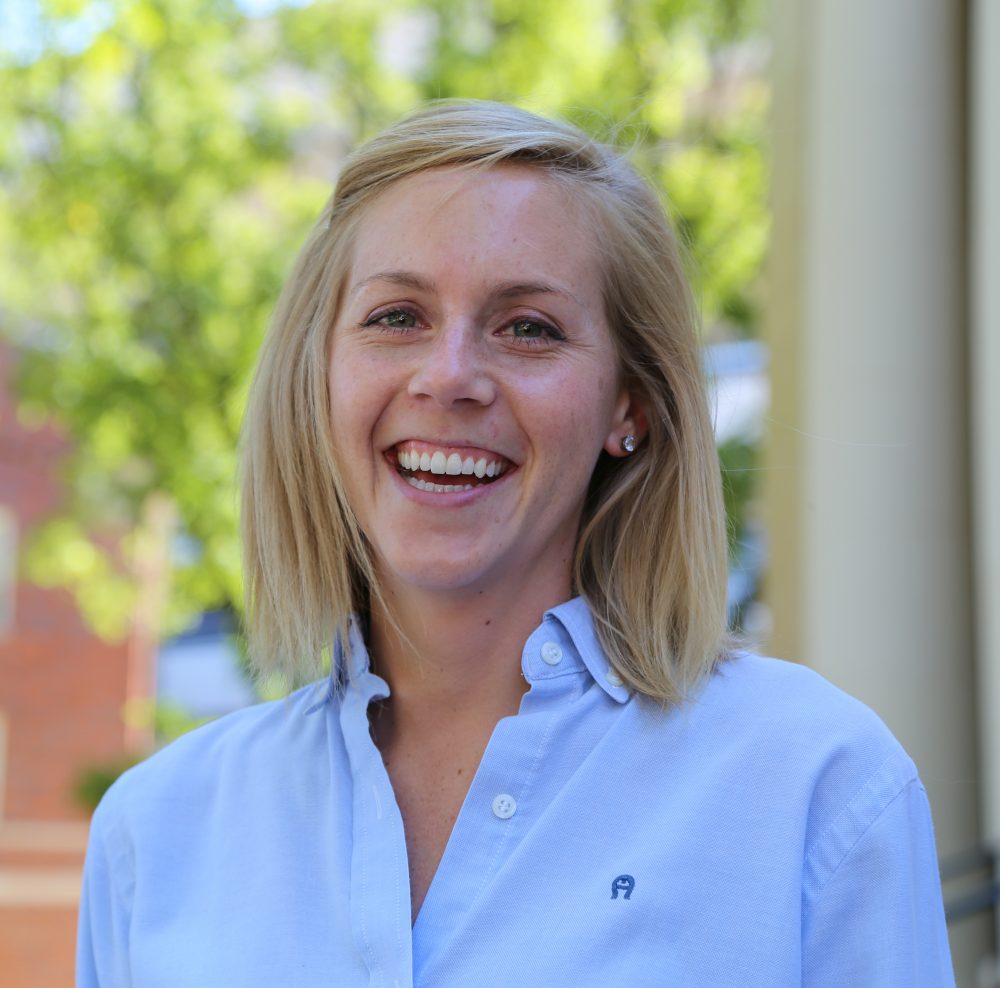
Dr. Meghan Barnes (mbarne56@charlotte.edu)
Dr. Meghan Barnes is an Associate Professor of English in the Cato College of Education at UNC Charlotte.
In her research, she draws primarily on sociocultural theory to inquire into the following:
- community-engaged approaches to teacher preparation;
- intersectionality and social justice pedagogies;
- pre-service teachers’ conceptions of politics and race in teaching;
- becoming a teacher in an era of standardization; and
- community-based literacy programs.
Mathematics Education
Research and theory applied to problems of learning and teaching mathematics. Students focus on elementary, middle/secondary, or post-secondary.
Meet the Concentration Coordinator
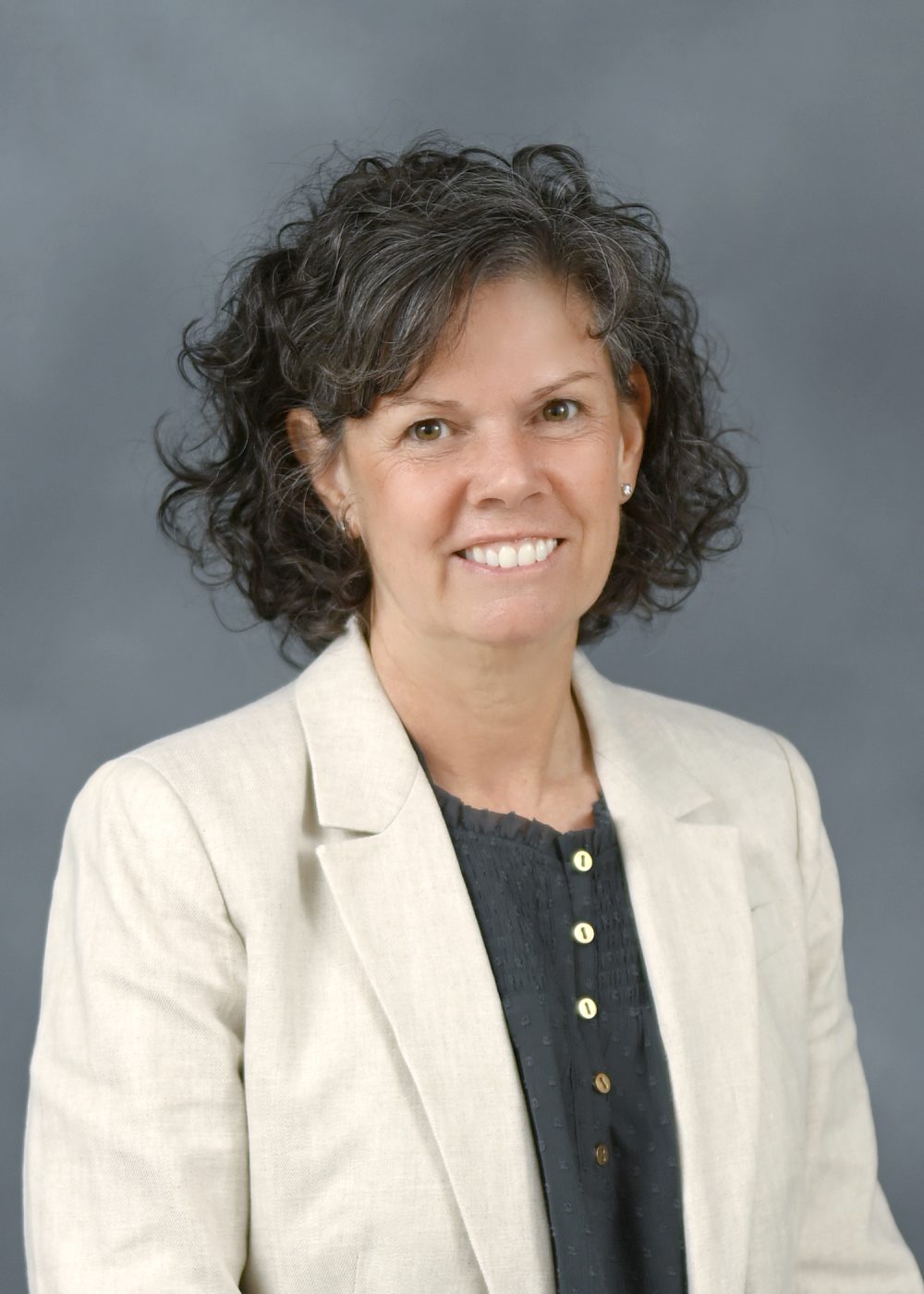
Dr. Allison McCulloch (allison.mcculloch@charlotte.edu)
Dr. Allison McCulloch is a Professor of Mathematics Education in the Department of Mathematics and Statistics where she teaches mathematics education and mathematics courses for prospective and practicing teachers as well as research courses for the doctoral program. Her research focuses on the teaching and learning of secondary mathematics, teaching and learning of mathematics with technology, developing teacher vision and agency, and design-based implementation research for large scale infrastructural change. She has collaborated on a number of projects funded by the National Science Foundation as well as authored books for both practitioners and researchers. Dr. McCulloch is one of the co-founders of the North Carolina Collaborative for Mathematics Learning (NC2ML) and has been involved as a PI/Co-PI on the Preparing to Teach Mathematics with Technology projects since 2011.
Urban Education
Research and theory applied to critical social issues affecting schools and society from a historical, contemporary, and theoretical perspective in a global context. In order to address the complexities of urban schooling, this program is interdisciplinary and draws on education, public policy, sociology, anthropology, and ethnic studies.
Meet the Concentration Coordinator:

Dr. Chance Lewis (chance.lewis@charlotte.edu)
Dr. Chance W. Lewis is the Carol Grotnes Belk Distinguished Professor of Urban Education and serves as Director of The Urban Education Collaborative at the University of North Carolina at Charlotte. He completed his Bachelor’s and Master’s Degree at Southern University and his Ph.D. at Colorado State University in 2001. Dr. Lewis joined the faculty in 2011. He leads the urban concentration of the Ph.D. in Curriculum and Instruction. Dr. Lewis’ special areas of interests are academic achievement of students of color in K-12 settings, recruitment and retention of Black male teachers and urban education. Dr. Lewis has over 100 refereed publications (including 30 books) and over $7 million in external research funding. Dr. Lewis has been awarded the Texas A&M University, Legacy of Excellence and Equity, Outstanding Research Award (2021), Spencer Foundation Outstanding Mentor Award Winner, (2020), Profound Gentlemen Impact on Education Award Winner (2019) and the Harshini de Silva Graduate Mentor Award (2015) at UNC Charlotte for outstanding graduate student mentoring.
Literacy Research, Policy, and Practice
The Literacy Research, Policy, & Practice concentration will focus on the development of candidates’ knowledge of research, theory, policy and practice as it relates to the implementation of effective literacy learning experiences and environments to address educational needs and issues in elementary, middle/secondary, post-secondary, or community settings with an emphasis on urban contexts.
Meet the Concentration Coordinators:
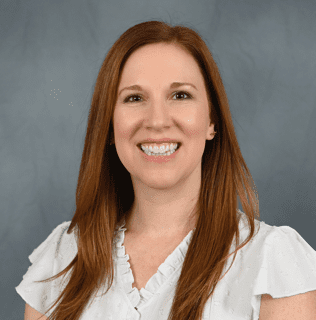
Dr. Alicia Stewart (alicia.stewart@charlotte.edu)
Dr. Alicia A. Stewart is an Assistant Professor in the Reading and Elementary Education Department. Prior to joining UNC Charlotte, she was an Assistant Professor in the Department of Special Education and Interventions at Central Connecticut State University. Dr. Stewart earned her Ph.D. in special education at the University of Texas at Austin, focusing on learning disabilities and behavioral disorders. Before earning her Ph.D., she served as a middle and high school special education teacher in California, where she worked collaboratively with content area teachers across disciplines. Her research interests involve effective reading instruction for students with behaviors that interfere with learning, specifically students with high levels of inattention. In addition, she is interested in identifying ways to support pre-service and in-service teachers in developing the skills needed to implement effective reading practices across content areas with the goal of improving students’ reading comprehension. Dr. Stewart has experience teaching undergraduate and graduate level courses in reading methods and assessment.
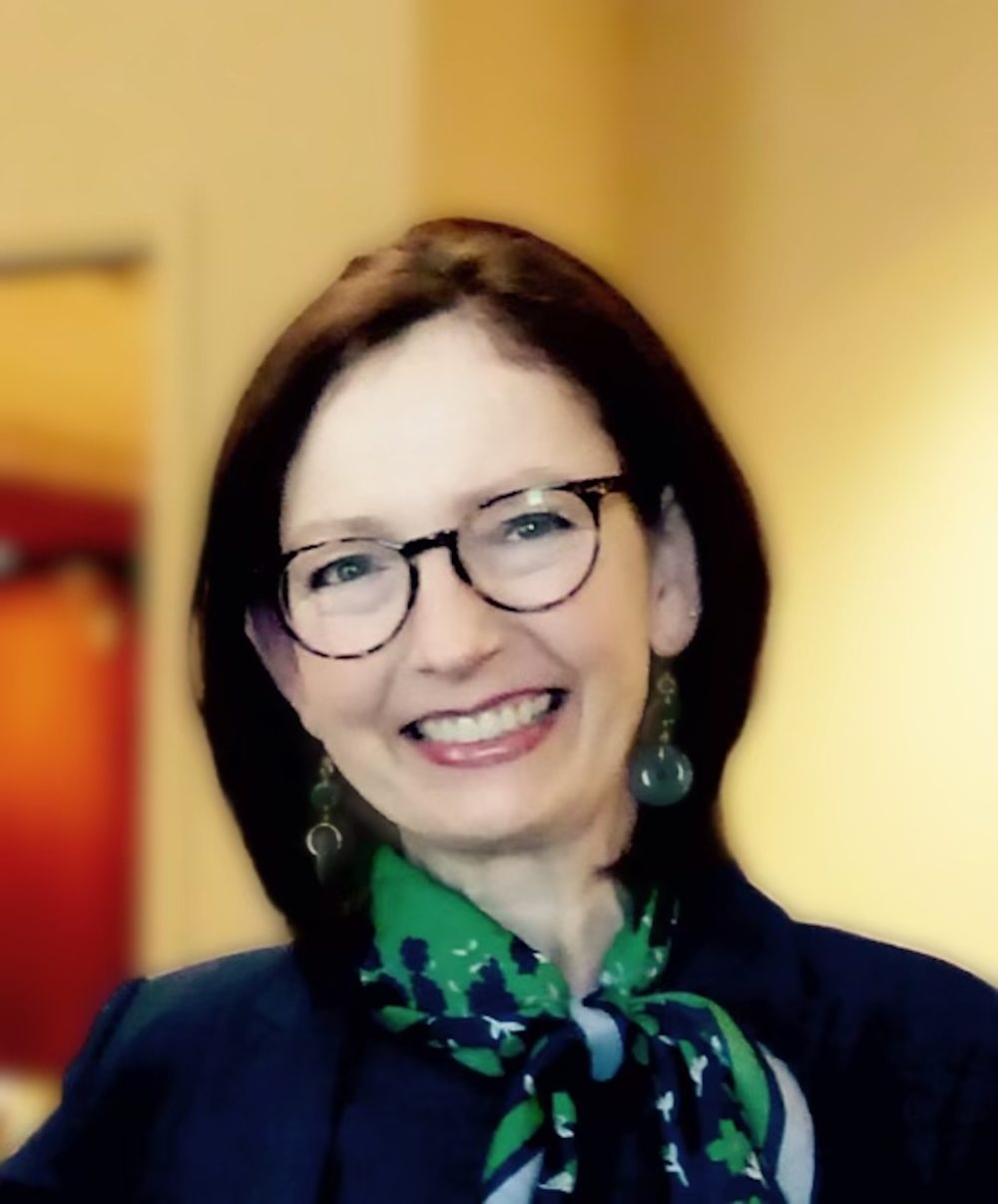
Dr. Kelly Cartwright (kcartwr4@charlotte.edu)
Kelly B. Cartwright, Ph.D. is the Spangler Distinguished Professor of Early Child Literacy in the Department of Reading and Elementary Education where she directs the Reading, Executive function, And Development Lab (READ Lab). She is the recipient of numerous educational awards, including the 2023 State Council of Higher Education in Virginia Outstanding Faculty Award. Dr. Cartwright’s research, supported by grants from the US Department of Education Institute of Education Sciences, explores neurocognitive and affective factors that underlie reading processes and difficulties across the lifespan and has been published in a number of leading education journals, such as Contemporary Educational Psychology, Journal of Educational Psychology, Journal of Learning Disabilities, Journal of Research in Reading, Reading Research Quarterly, Research in Developmental Disabilities, Scientific Studies of Reading, and The Reading Teacher. Her groundbreaking book, Executive Skills and Reading Comprehension: A Guide for Educators, now in second edition, is the first comprehensive text at this intersection. Dr. Cartwright has served on the Board of Directors of the Literacy Research Association and as Visiting Research Fellow at the University of Oxford. She regularly works with K-12 educators throughout the US to understand and improve reading for struggling students, and these experiences inform her research.